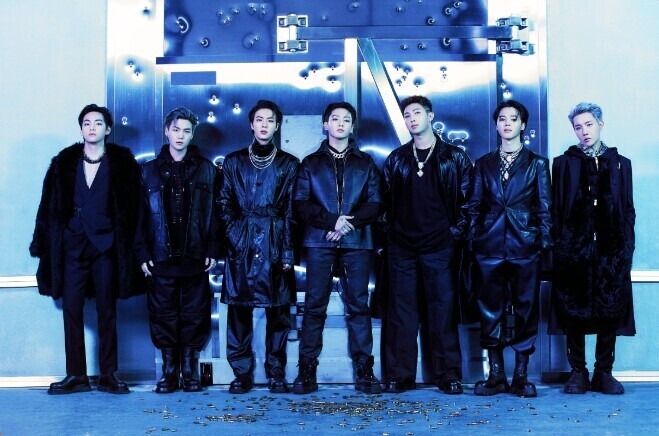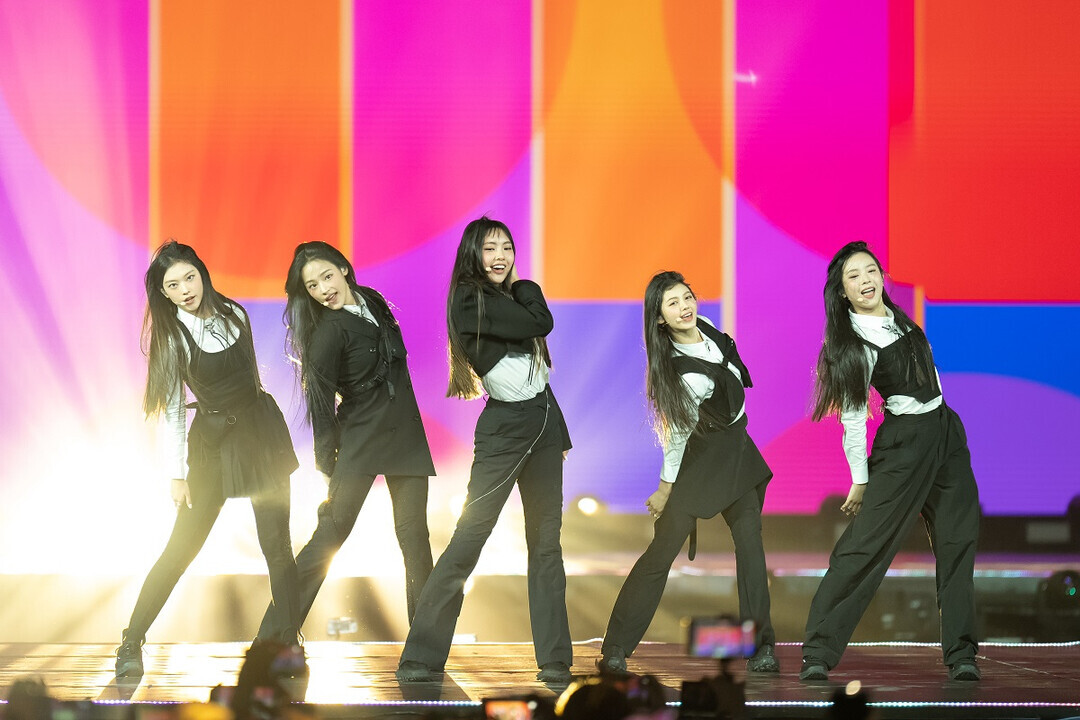In the 21st century, cultural power has become as vital as economic or military strength. Nations no longer compete only through factories, trade routes, or armies, but also through the stories, sounds, and images that capture the world’s imagination. In this new arena of soft power, South Korea has emerged as an unexpected yet undeniable leader. Once known mainly for its turbulent history and rapid industrialization, Korea today is recognized as a cultural powerhouse whose music, film, and visual arts reach audiences from New York to Nairobi. At the heart of this transformation stands K-pop—a phenomenon that has redefined how popular music can be produced, consumed, and globalized.

The Global Competitiveness of K-Pop
K-pop is no longer a niche subculture—it is one of the most globally competitive cultural industries of the 21st century. From BTS filling Wembley Stadium to BLACKPINK headlining Coachella, Korean pop music has transcended language and geography to dominate the world stage. The question is: what makes K-pop so uniquely competitive in an already crowded global music market?
Precision and Perfection: The Idol System
K-pop’s edge begins with its rigorous production model. The so-called “idol system” recruits and trains young performers for years before debut. Trainees undergo intensive instruction in singing, dancing, foreign languages, and media interaction. This industrialized system, though often criticized for its intensity, creates highly versatile performers who can deliver flawless live shows and connect across cultures. While Western pop often relies on individual charisma or raw talent, K-pop emphasizes disciplined excellence, producing stars who function as both entertainers and cultural ambassadors.

Hybrid Sound and Aesthetic Innovation
K-pop thrives on hybridity. Songs seamlessly blend hip-hop, EDM, R&B, and even Latin or Afrobeat rhythms, making them globally familiar yet stylistically adventurous. Visuals are equally strategic: elaborate choreography, high-concept music videos, and striking fashion that pull from both Korean traditions and global trends. This synthesis ensures that K-pop feels cosmopolitan but never generic—a balance that Western pop has sometimes struggled to maintain.
Digital Savvy and Fan Ecosystems
Perhaps K-pop’s most decisive competitive advantage lies in its symbiotic relationship with technology. Korean entertainment companies embraced YouTube, Twitter, and TikTok early, turning global platforms into launchpads. Fans became active participants—subtitling videos, trending hashtags, and organizing streaming campaigns. These fandoms are not passive consumers but transnational communities with civic-like structures, capable of fundraising, activism, and shaping public discourse. This participatory culture has no true parallel in Western pop, where fans are rarely organized at such scale and intensity.
Cultural Storytelling and Emotional Resonance
Beyond music and spectacle, K-pop carries narratives of resilience and aspiration that resonate worldwide. Korea’s modern history—war, division, rapid modernization—infuses its cultural products with themes of struggle and triumph. Songs about youth, identity, and hope find a receptive audience in a global generation facing uncertainty. The emotional duality of han (collective sorrow) and heung (exuberant joy) runs through K-pop’s storytelling, offering catharsis and energy in equal measure.

Institutional Support and Strategic Globalization
Unlike fleeting pop trends, K-pop’s rise was scaffolded by deliberate planning. Since the late 1990s, the Korean government has supported culture as a soft-power industry, while entertainment companies refined a system of global expansion—collaborations with Western producers, multilingual lyrics, and tours tailored to specific regions. This level of institutional and strategic coordination has few rivals in global pop culture, where success is often left to chance.
More Than Music
K-pop’s competitiveness lies not only in the songs but in its total ecosystem: the fusion of artistry, industry, technology, and community. It is a cultural product engineered for global adaptability, yet rooted in distinctly Korean aesthetics and philosophies. In an era where music is increasingly fragmented and attention spans are fleeting, K-pop has built a model of consistency, inclusivity, and innovation.
Far from being a passing trend, K-pop demonstrates how culture can function as a national strategy and a global phenomenon at once. Its success signals a new template for competitiveness in the cultural industries—one that blends precision with passion, structure with spontaneity, and local identity with global reach.
Sayart / Kang In sig insig6622@naver.com




